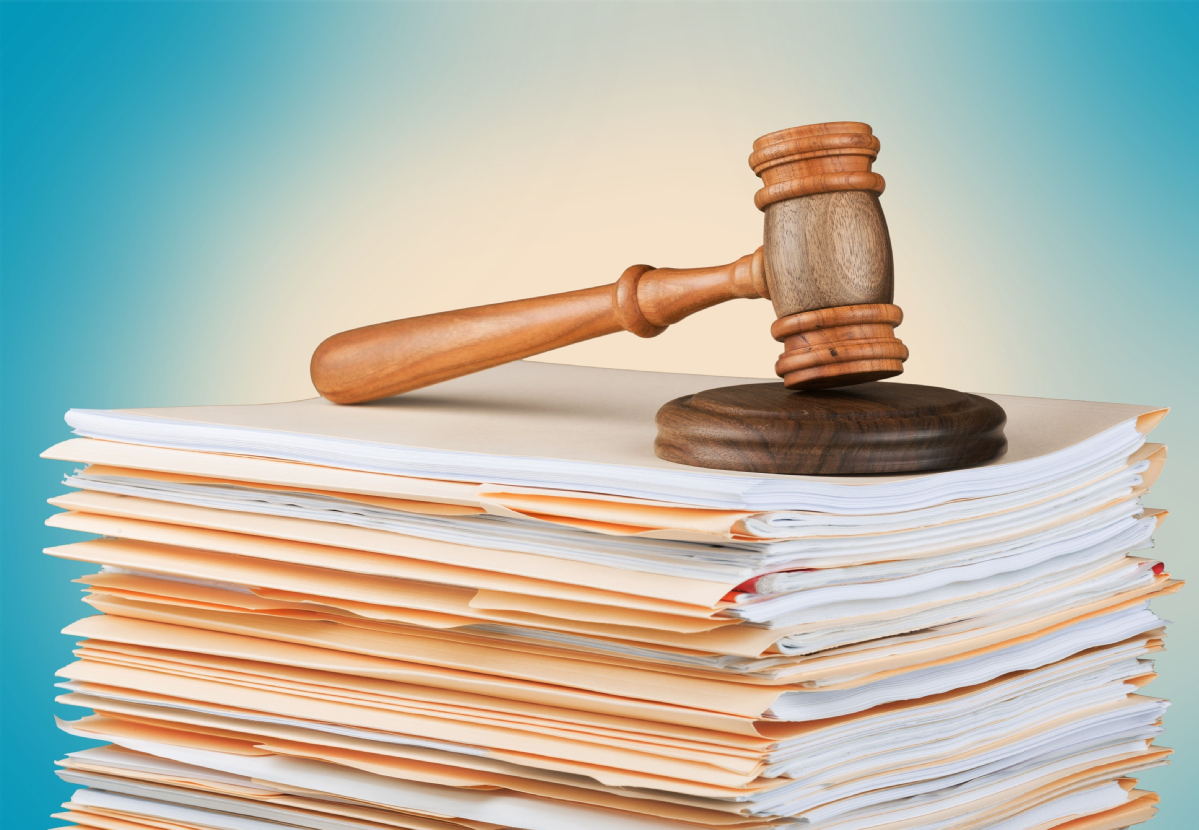
China has been stepping up efforts to amend laws involving the people's congress system to further guarantee the people are masters of the nation and implement whole-process people's democracy.
The amendments not only keep the country's important system running by rule of law, but also meet new needs of the people and social development, senior legislators said.
The people's congress system is the fundamental political system in China. Under the Constitution, all State power belongs to the people. The National People's Congress and the local people's congresses are the bodies through which the people exercise State power. The people's congresses at all levels are constituted through democratic elections, and are responsible to the people and subject to their supervision.
All administrative, supervisory, judicial and procuratorial agencies of the country are created by the people's congresses to which they are responsible and by which they are supervised.
In March, the amended Organic Law and Procedural Rules of the National People's Congress were adopted by lawmakers after deliberation, opening a new chapter for the NPC, the country's top legislative body.
"The revisions to the law and rules of the system were made based on experience gained and the successful practices over the past period," said Zhai Wei, deputy director of the research office of the NPC Standing Committee's general office.
He made the remark last month when introducing legal achievements on the NPC system to media, depicting the revised laws as improvements to uphold the system and regulate its work flow.
For example, learning from the experiences of holding the third session of the 13th NPC amid the COVID-19 pandemic last year, the amended NPC's Procedural Rules added that the agenda of NPC meetings should be arranged more rationally and the efficiency and quality of the meetings need to be improved.
In general, the NPC's annual session, the most important political event in the country, is held in Beijing in March. Due to the pandemic, however, the 2020 session was postponed to May and lasted for just seven days, as opposed to around 10 days in the past.
The revised NPC Organic Law also clarifies that members of the National Supervisory Commission should submit motions to the NPC and its standing committee to meet new requirements of China's institutional reform.
The amendments have attached importance to NPC deputies, urging the NPC and its standing committee to provide deputies with more chances to participate in legislative activities and use technologies to make it easier for them to perform their duties.
Before amending the two key legal documents, Zhai said the country had also increased the numbers of deputies to the people's congresses at the township and county-level regions by revising the Electoral Law to optimize the structure of the system.
In addition, several other laws involving the system are also on the list to be revised, said Tong Weidong, an official from the NPC Standing Committee's Legislative Affairs Commission.
According to a proposed agenda disclosed by the top legislature at the end of last month, a new session of the NPC Standing Committee will be held in Beijing from Oct 19 to 23, during which lawmakers will review a draft amendment to the Organic Law of the Local People's Congresses.
Tong said they're also planning to amend the Supervision Law to further reinforce the system.
Both the officials noted what they have done and will do aim to ensure the people are masters of the country and advance law-based governance in all respects in the new era by improving the NPC system.
"We'll highlight the whole-process people's democracy put forward by the central leadership when amending the laws, as the NPC system is a key way to ensure that the people are the masters," Tong said, adding that this is also the duty and mission of the NPC Standing Committee.
